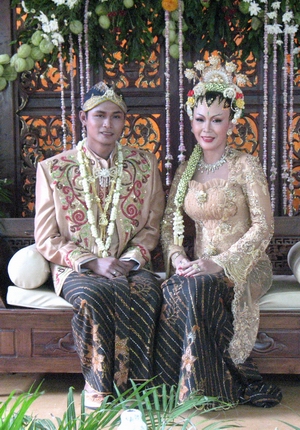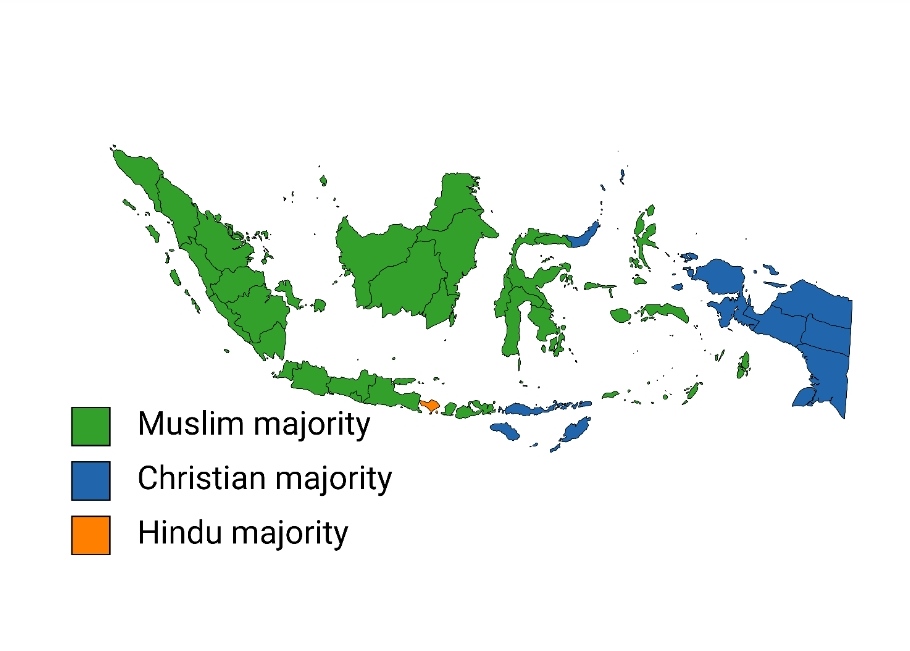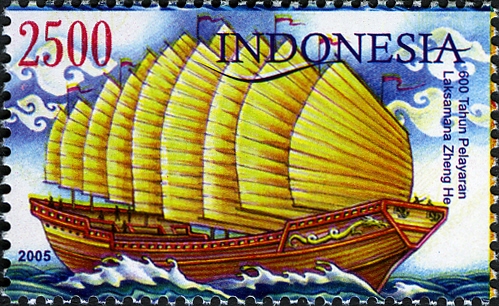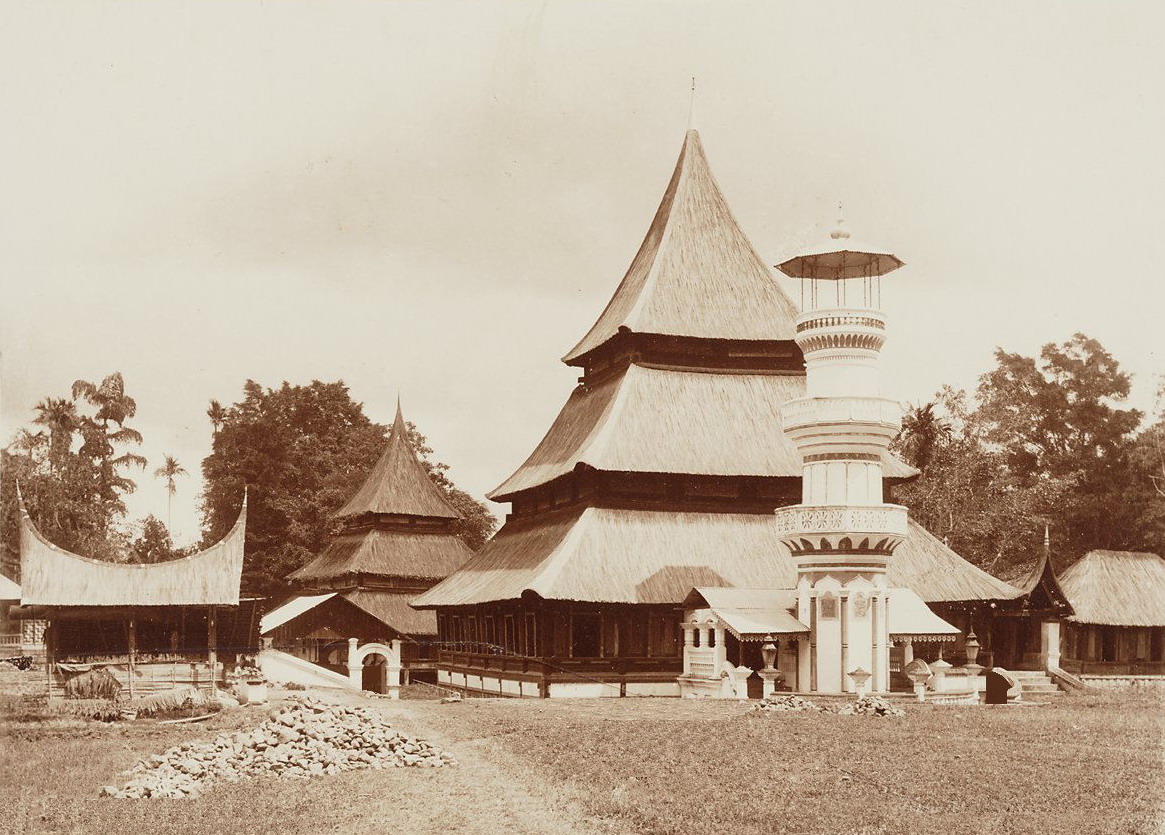|
Sunan Sitijenar
Sunan Sitijenar is, according to the ''Babad Tanah Jawi'' ("History of the land of Java") manuscripts, one of the ''Wali Sanga'' ("Nine Saints") to whom Indonesian legend attributes the propagation of Islam among the Javanese, Indonesia's largest ethnic group. However, some Javanese texts relate stories about Syekh Siti Jenar (also known as Syekh Lemah Abang) having conflicts with the Wali Sanga and the Sultanate of Demak. See also *Islam in Indonesia *The spread of Islam in Indonesia The history of the arrival of Islam in Indonesia is somewhat unclear. One theory states that Islam arrived directly from Arabia as early as the 9th century, during the time of the Umayyad and Abbasid caliphates. Another theory credits Sufi trav ... References Sources Published sources * * * History of Islam in Indonesia Wali Sanga {{Indonesia-bio-stub ... [...More Info...] [...Related Items...] OR: [Wikipedia] [Google] [Baidu] |
Babad Tanah Jawi
''Babad Tanah Jawi'' ( jv, ꦧꦧꦢ꧀ꦠꦤꦃꦗꦮꦶ, "History of the land of Java"), is a generic title for many manuscripts written in the Javanese language. Their arrangements and details vary, and no copies of any of the manuscripts are older than the 18th century. Due to the scarcity and limitations of primary historical records, ''Babad Tanah Jawi'', is one of a number of accounts of Indonesian legends that scholars use to help illuminate aspects of the spread of Islam in Indonesia, the dominant religion in the Indonesian archipelago since the 16th century. The texts attribute the first Javanese conversions to Islam to the ''Wali Sanga'' ("nine saints"), although their names and relationships vary across the texts to the extent that perfect reduction and agreement between them is not possible. Although most of the manuscripts accept the convention of nine saints, a number list ten. These names commonly appear throughout the ''Babad Tanah Jawi'' texts: * Sunan Ngampel-D ... [...More Info...] [...Related Items...] OR: [Wikipedia] [Google] [Baidu] |
Wali Sanga
The Wali Songo (also transcribed as Wali Sanga) are revered saints of Islam in Indonesia, especially on the island of Java, because of their historic role in the spread of Islam in Indonesia. The word ''wali'' is Arabic for "trusted one" ("guardian" in other contexts in Indonesia) or "friend of God" ("saint" in this context), while the word ''sanga'' is Javanese for the number nine. Although referred to as a group, there is good evidence that fewer than nine were alive at any given time. Also, there are sources that use the term "Wali Sanga" to refer to saintly mystic(s) other than the most well-known nine individuals. Each man is often attributed the title '' sunan'' in Javanese, which may derive from ''suhun'', in this context meaning "honoured". Most of the wali were also called ''raden'' during their lifetimes, because they were members of royal houses. (See "Style and Title" section of Yogyakarta Sultanate for an explanation of Javanese nobility terms.) The graves of W ... [...More Info...] [...Related Items...] OR: [Wikipedia] [Google] [Baidu] |
Indonesia
Indonesia, officially the Republic of Indonesia, is a country in Southeast Asia and Oceania between the Indian and Pacific oceans. It consists of over 17,000 islands, including Sumatra, Java, Sulawesi, and parts of Borneo and New Guinea. Indonesia is the world's largest archipelagic state and the 14th-largest country by area, at . With over 275 million people, Indonesia is the world's fourth-most populous country and the most populous Muslim-majority country. Java, the world's most populous island, is home to more than half of the country's population. Indonesia is a presidential republic with an elected legislature. It has 38 provinces, of which nine have special status. The country's capital, Jakarta, is the world's second-most populous urban area. Indonesia shares land borders with Papua New Guinea, East Timor, and the eastern part of Malaysia, as well as maritime borders with Singapore, Vietnam, Thailand, the Philippines, Australia, Palau, and India ... [...More Info...] [...Related Items...] OR: [Wikipedia] [Google] [Baidu] |
Islam
Islam (; ar, ۘالِإسلَام, , ) is an Abrahamic religions, Abrahamic Monotheism#Islam, monotheistic religion centred primarily around the Quran, a religious text considered by Muslims to be the direct word of God in Islam, God (or ''Allah'') as it was revealed to Muhammad, the Muhammad in Islam, main and final Islamic prophet.Peters, F. E. 2009. "Allāh." In , edited by J. L. Esposito. Oxford: Oxford University Press. . (See alsoquick reference) "[T]he Muslims' understanding of Allāh is based...on the Qurʿān's public witness. Allāh is Unique, the Creator, Sovereign, and Judge of mankind. It is Allāh who directs the universe through his direct action on nature and who has guided human history through his prophets, Abraham, with whom he made his covenant, Moses/Moosa, Jesus/Eesa, and Muḥammad, through all of whom he founded his chosen communities, the 'Peoples of the Book.'" It is the Major religious groups, world's second-largest religion behind Christianity, w ... [...More Info...] [...Related Items...] OR: [Wikipedia] [Google] [Baidu] |
Javanese People
The Javanese ( id, Orang Jawa; jv, ꦮꦺꦴꦁꦗꦮ, ''Wong Jawa'' ; , ''Tiyang Jawi'' ) are an ethnic group native to the central and eastern part of the Indonesian island of Java. With approximately 100 million people, Javanese people are the largest ethnic group in Indonesia and the whole Southeast Asia in general. Their native language is Javanese, it is the largest of the Austronesian languages in number of native speakers and also the largest regional language in Southeast Asia. The Javanese as the largest ethnic group in the region have dominated the historical, social, and political landscape in the past as well as in modern Indonesia and Southeast Asia. There are significant numbers of Javanese diaspora outside of central and eastern Java regions, including the other provinces of Indonesia, and also in another countries such as Suriname, Singapore, Malaysia, Egypt, Saudi Arabia, South Africa, Sri Lanka, Yemen and the Netherlands. The Javanese ethnic group h ... [...More Info...] [...Related Items...] OR: [Wikipedia] [Google] [Baidu] |
Sultanate Of Demak
The Demak Sultanate (کسلطانن دمق) was a Javanese Muslim state located on Java's north coast in Indonesia, at the site of the present-day city of Demak. A port fief to the Hindu-Buddhist Majapahit kingdom thought to have been founded in the last quarter of the 15th century, it was influenced by Islam brought by Muslim traders from China, Gujarat, Arabia and also Islamic kingdoms in the region, such as Samudra Pasai, Malacca and Bani (Muslim) Champa. The sultanate was the first Muslim state in Java, and once dominated most of the northern coast of Java and southern Sumatra. Although it lasted only a little more than a century, the sultanate played an important role in the establishment of Islam in Indonesia, especially on Java and neighboring areas. Etymology The origin of Demak was the settlement named Glagah Wangi. According to tradition, the first person that Raden Patah encountered in Glagah Wangi was a woman named Nyai Lembah, from Rawa Pening. Nyai Lembah i ... [...More Info...] [...Related Items...] OR: [Wikipedia] [Google] [Baidu] |
Islam In Indonesia
Islam is the largest religion in Indonesia, with 86.7% of the Indonesian population identifying themselves as Muslim in a 2018 survey. Indonesia is the most populous Muslim-majority country, with approximately 231 million adherents. In terms of denomination, the overwhelming majority (98.8%) are Sunni Muslims, while 1-3 million (1%) are Shia, and are concentrated around Jakarta, and about 400,000 (0.2%) Ahmadi Muslims. In terms of schools of jurisprudence, based on demographic statistics, 99% of Indonesian Muslims mainly follow the Shafi'i school, although when asked, 56% does not adhere to any specific school. Trends of thought within Islam in Indonesia can be broadly categorized into two orientations: "modernism", which closely adheres to orthodox theology while embracing modern learning, and "traditionalism", which tends to follow the interpretations of local religious leaders and religious teachers at Islamic boarding schools ('' pesantren''). There is also a hist ... [...More Info...] [...Related Items...] OR: [Wikipedia] [Google] [Baidu] |
The Spread Of Islam In Indonesia
The history of the arrival of Islam in Indonesia is somewhat unclear. One theory states that Islam arrived directly from Arabia as early as the 9th century, during the time of the Umayyad and Abbasid caliphates. Another theory credits Sufi travelers for bringing Islam in the 12th or 13th century either from Gujarat in India or from Persia. Before the archipelago's conversion to Islam, the predominant religions in Indonesia were Hinduism (particularly its Shaivism tradition) and Buddhism. The islands that now constitute Indonesia have been recognized for centuries as a source of spices such as nutmeg and cloves, which were key commodities in the Spice trade long before the Portuguese arrived in the Banda Islands in 1511. Due to the archipelago's strategic place as the gateway between the Muslim world and Imperial China, it became a busy international hub for merchants engaged in many forms of trade. It became the place where different peoples shared their respective cultures, o ... [...More Info...] [...Related Items...] OR: [Wikipedia] [Google] [Baidu] |
History Of Islam In Indonesia
The history of the arrival of Islam in Indonesia is somewhat unclear. One theory states that Islam arrived directly from Arabia as early as the 9th century, during the time of the Umayyad and Abbasid caliphates. Another theory credits Sufi travelers for bringing Islam in the 12th or 13th century either from Gujarat in India or from Persia. Before the archipelago's conversion to Islam, the predominant religions in Indonesia were Hinduism (particularly its Shaivism tradition) and Buddhism. The islands that now constitute Indonesia have been recognized for centuries as a source of spices such as nutmeg and cloves, which were key commodities in the Spice trade long before the Portuguese arrived in the Banda Islands in 1511. Due to the archipelago's strategic place as the gateway between the Muslim world and Imperial China, it became a busy international hub for merchants engaged in many forms of trade. It became the place where different peoples shared their respective cultures, on ... [...More Info...] [...Related Items...] OR: [Wikipedia] [Google] [Baidu] |
.jpg)




